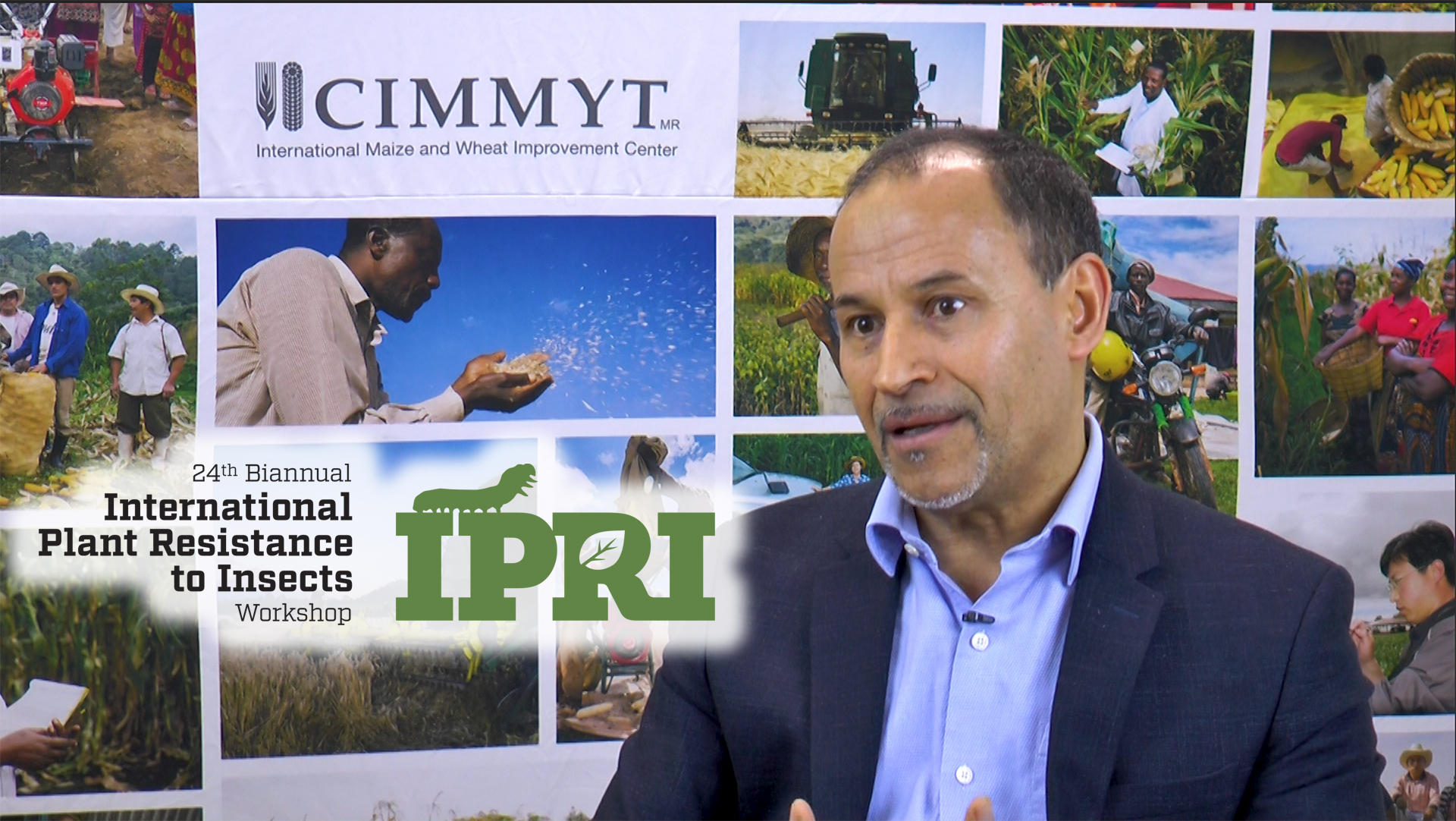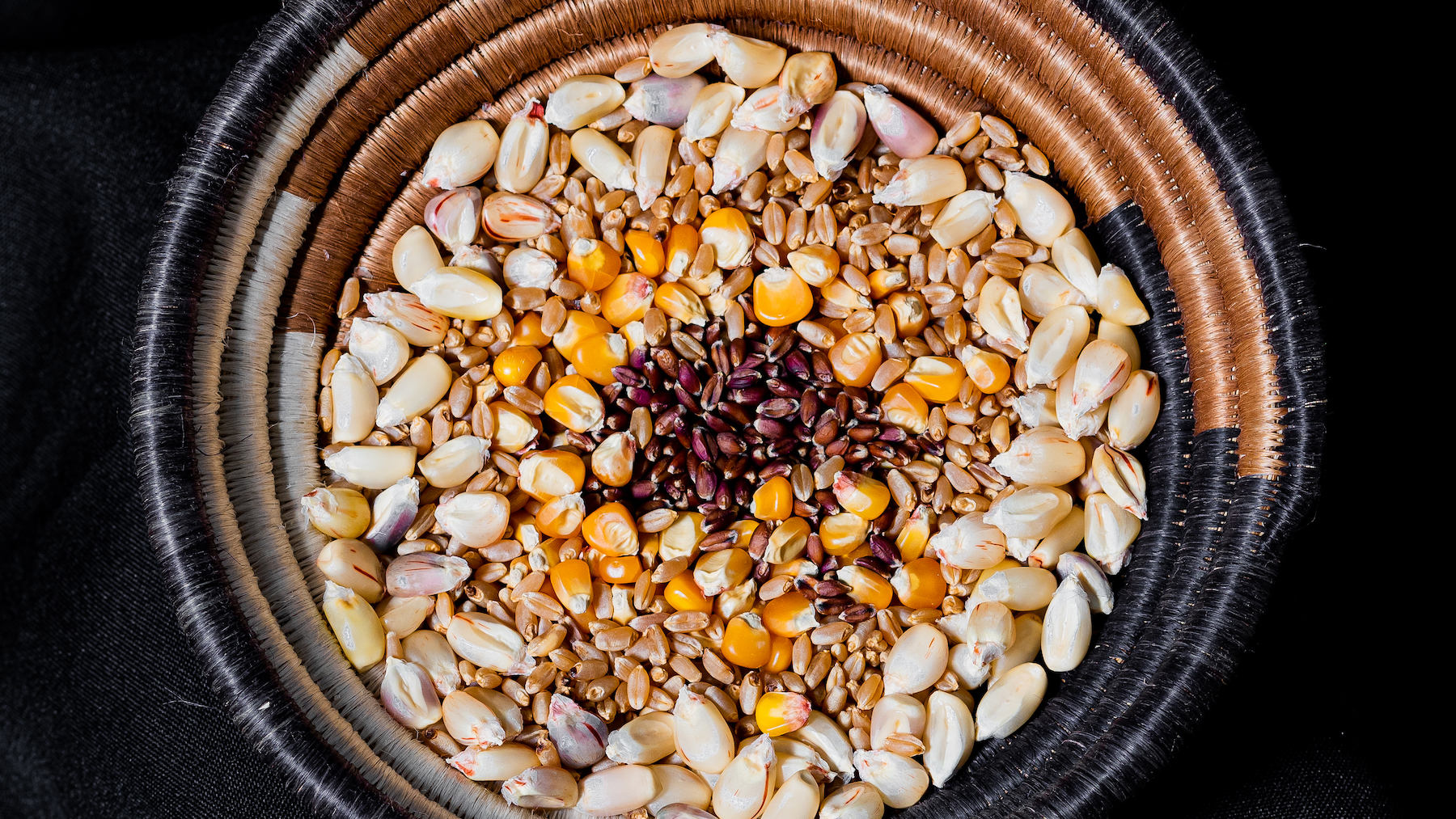Insect resistance in plants is needed now more than ever. The UN, which has named 2020 as the International Year of Plant Health, estimates that almost 40% of food crops are lost annually due to plant pests and diseases.
Earlier this month, a group of wheat breeders and entomologists came together for the 24th Biannual International Plant Resistance to Insects (IPRI) Workshop, held at the International Maize and Wheat Improvement Center (CIMMYT).
We caught up with Mustapha El-Bouhssini, principal scientist at the International Center for Agricultural Research in the Dry Areas (ICARDA) to discuss insect pests and climate change. He explains how pests such as the Hessian fly — a destructive wheat pest which resembles a mosquito — and the chickpea pod borer are extending their geographical ranges in response to rising temperatures.


 Gender equality, youth and social inclusion
Gender equality, youth and social inclusion 
